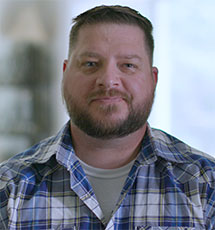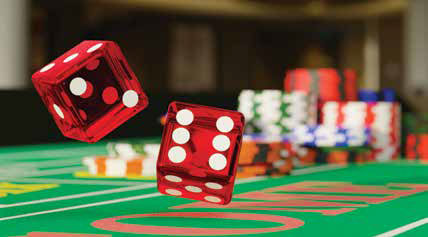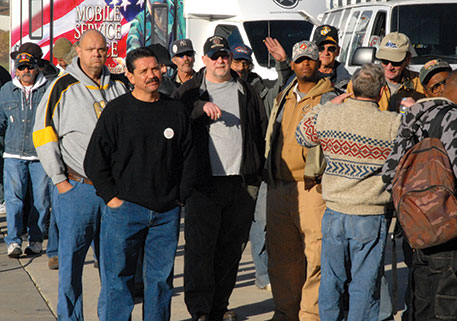 Justin Boswood was pulled from the ranks one week before boarding a ship destined for the Pacific Ocean. His practice of habitual rule-breaking had caught up with him, as he tested positive for drugs.
Justin Boswood was pulled from the ranks one week before boarding a ship destined for the Pacific Ocean. His practice of habitual rule-breaking had caught up with him, as he tested positive for drugs.
“People in the Marine Corps don’t like you if you do drugs,” Boswood said. “That’s the cardinal rule.”
But instead of being kicked out of the Marine Corps, he was sent to another unit: 3rd Battalion, 1st Marine Regiment.
The Marines knew they were destined for Iraq and that a fierce urban fight could be on the horizon. Soon after deploying, Boswood focused on the insurgent stronghold they would assault.
“Everyone was talking about Fallujah being this hornet’s nest, and it was going to be nasty,” he said.
In the days before the operation, his unit, Company K, was training hard. Boswood felt prepared; he had solid leadership and stellar noncommissioned officers.
The night before the operation, American artillery and precision bombs pummeled the city to take out every known enemy position and as many vehicles as possible to limit the chance of vehicle-born improvised explosive devices.
When the tracked vehicle Boswood was riding in dropped its gate, he leaped up, turned to the left and was immediately met with intense enemy machine-gun fire to welcome him to a surreal scene: buildings reduced to rubble, power lines falling and cars exploding.
“It was a lot to take in, in a short amount of time,” he said.
Marines estimated it would take Company K two weeks to reach its objective, a mosque known to harbor enemy weapons. The unit reached it in two days.
The fighting was dynamic and required lethal force. One morning, Boswood’s platoon was called to respond to Marines trapped in a house. Insurgents lobbed grenades and zeroed in on any Marine attempting to make an entrance.
“They could see us, they could hear us, and they were ripping rounds through the doorways,” he said.
When Marines employed explosives to reduce the structure, which would later become known as the “Hell House,” it was saturated with so much blood that pink mist sprayed in every direction.
After the heaviest combat was over, Boswood saw houses filled with bodies that were bloating from the heat and being eaten by stray animals.
Boswood wanted to fight, and the Marine Corps gave him what he asked for and more. Nowadays, he thinks of Fallujah as a once-in-a-lifetime experience.
“It’s not something you ever want to do again,” he said. “It’s very humbling.”
In the years since leaving the Marine Corps, he has studied psychology to better understand what he and others went through. Boswood lives near other Fallujah Marine veterans and gives them a hug every time they see each other.
“I wake up and I’m happy to be alive,” he said. “I try to surround myself with people who think like that, and not everybody does.”
Learn more about Fallujah: 20 Years Later at fallujahstories.org.




